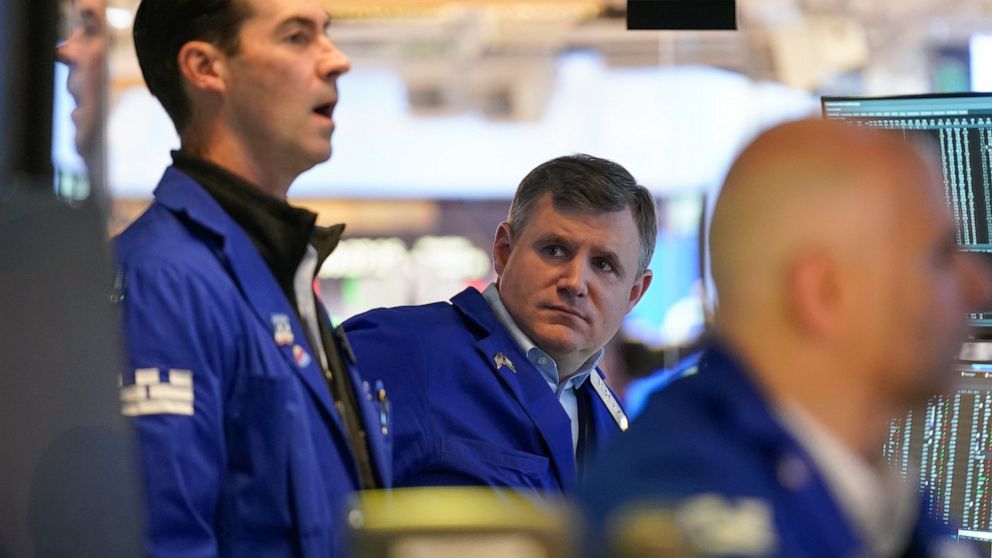TOKYO — Asian shares were mostly higher Tuesday as jitters over protests in China set off by growing public anger over COVID-19 restrictions subsided.
U.S. futures edged higher. Oil prices rose more than $1 per barrel.
Chinese shares rebounded after they were hit by sharp losses on Monday following protests over the weekend in various Chinese cities. Hong Kong’s Hang Seng jumped 4% to 17,981.31, while the Shanghai Composite added 2.3% to 3,148.17.
Japan’s Nikkei 225 lost 0.5% to 28,016.58. Australia’s S&P/ASX 200 gained 0.3% to 7,249.80. South Korea’s Kospi added 0.8% to 2,427.13.
Although market sentiment has been weighed down by the recent demonstrations in China, some analysts noted calm could return in coming sessions. The world’s second largest economy has been stifled by a “zero COVID” policy which includes lockdowns that continually threaten the global supply chain.
“The absence of any clear escalation in protests could aid to bring some calm to markets,” said Yeap Jun Rong, market strategist at IG.
The unrest has stoked worries on Wall Street that if Chinese leader Xi Jinping cracks down further on dissidents there or expands the lockdowns, it could slow the Chinese economy, which would hurt oil prices and global economic growth, said Sam Stovall, chief investment strategist at CFRA.
“A lot of people are worried about what the fallout will be, and basically are using that as an excuse to take some recent profits,” he said.
Stephen Innes, managing partner at SPI Asset Management, said business was returning as usual, although the heavy police presence may unnerve a Western audience.
“Chinese markets are rallying early in the session as local investors take a more pragmatic approach to the current COVID proceedings. Indeed, a probable outcome is a quicker loosening of restrictions once the current COVID wave and numerous protest flash points subside,” he said.
Japanese government data released Tuesday showed that the unemployment rate for October was unchanged from September at 2.6%. Separately, data released by another ministry showed a slight increase in the number of available jobs per job-seeker at 1.35. The increase has continued for 10 months.
Hiring was up in anticipation of tourists returning in droves to Japan. Borders that have been basically closed during the coronavirus pandemic have reopened at a time when the declining value of the yen against the U.S. dollar and other currencies make Japan an attractive…
Click Here to Read the Full Original Article at ABC News: Business…

